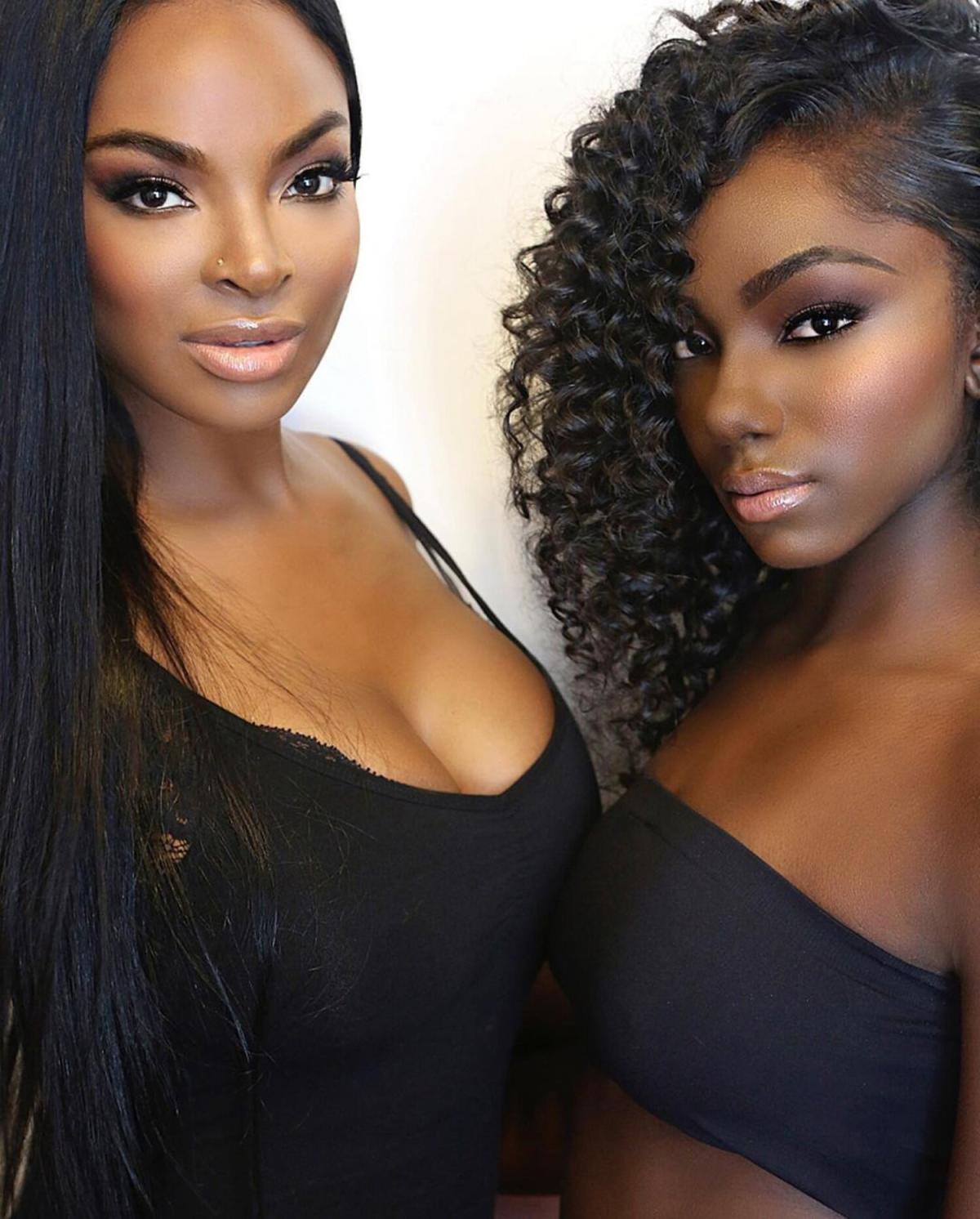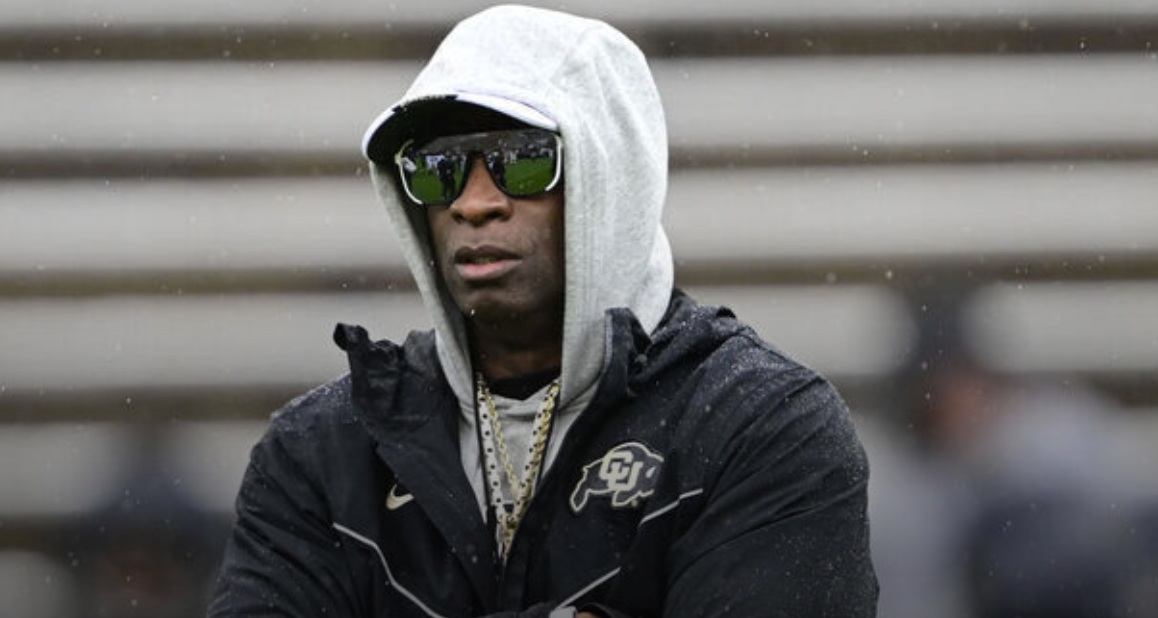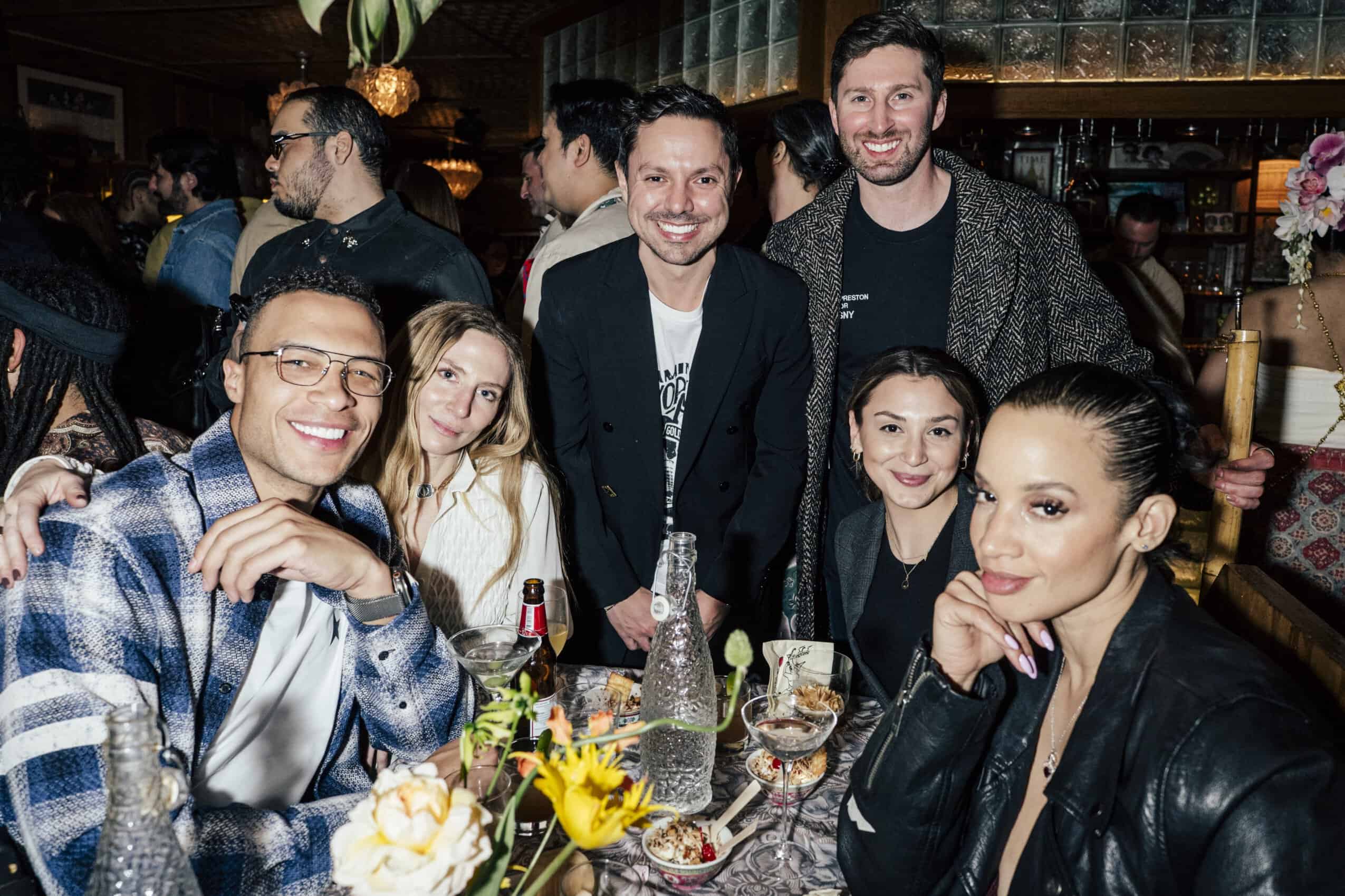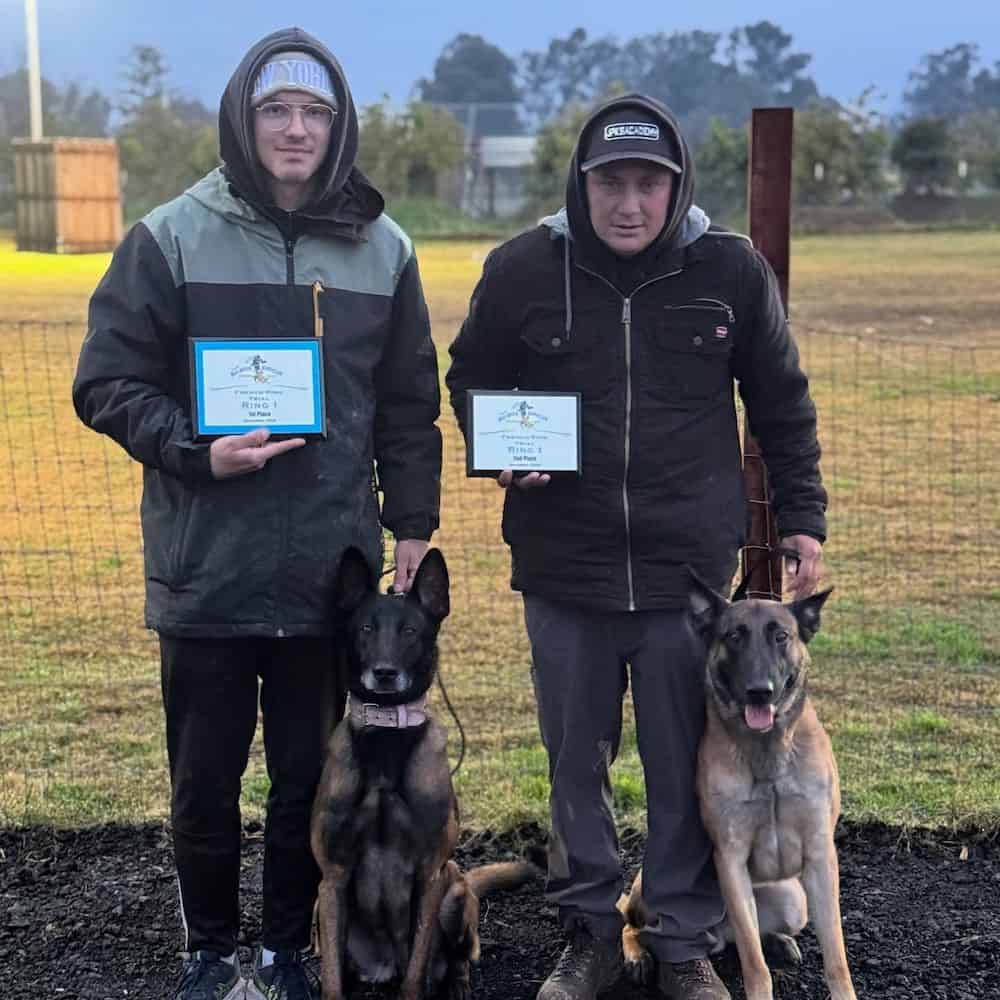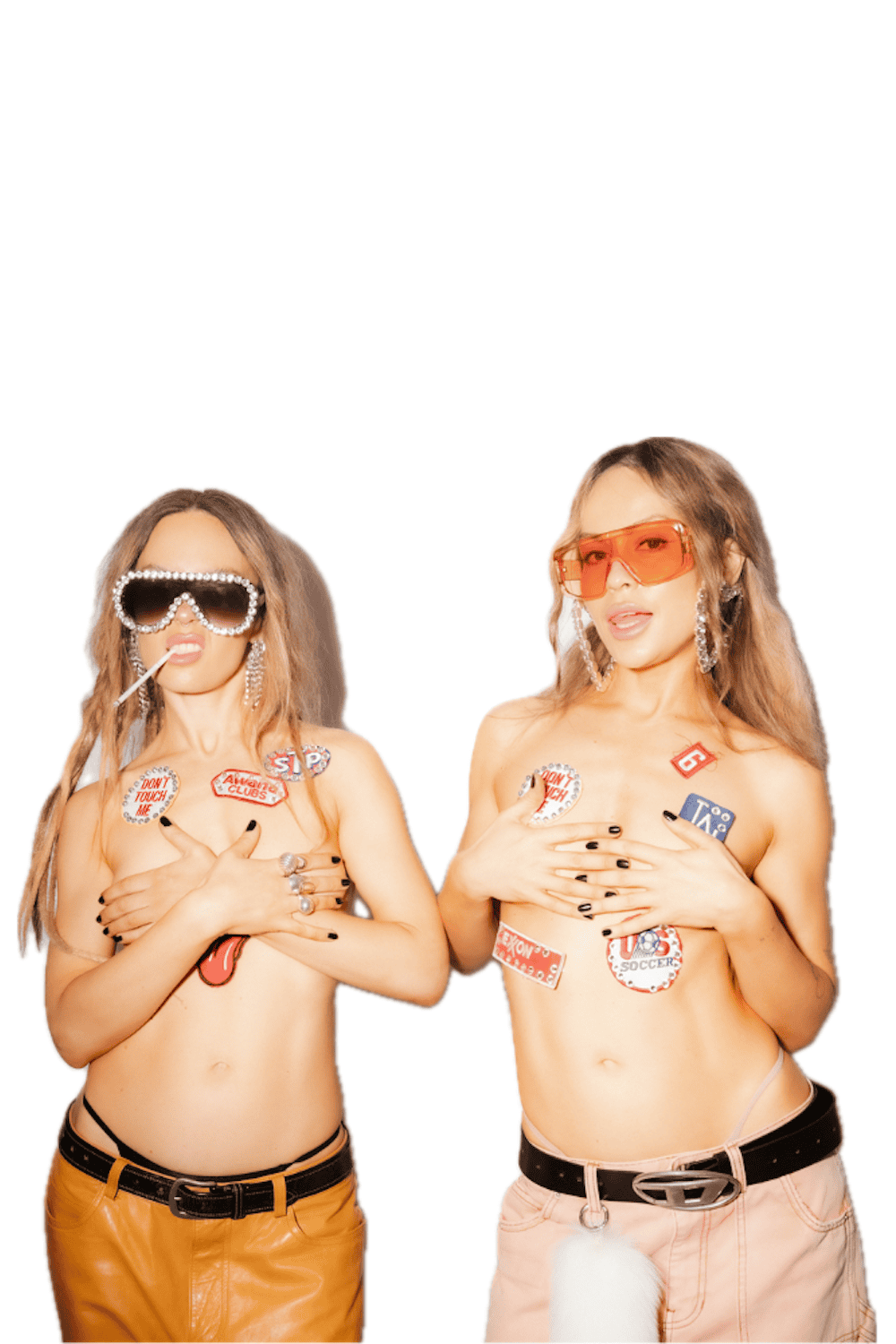Valerie June’s work can feel like it’s being beamed in from somewhere both far off and strangely familiar. That might be because from a young age, she’s been channeling wisdom from the world around her, using it to inform her music, then her poetry, and now an innovative new kind of guided journal.
The artist, who is known for her spirituality-infused roots- and blues-tinted folk, has now turned many of the steps on her own decades-long healing journey into a new book called “Light Beams: A Workbook For Being Your Badass Self” ($20), which was released on Sept. 19. It’s an interactive book filled with spells, prompts, reflections, and tips on finding peace and connection in a world that can seem dead set on fostering conflict and disconnection.
For June, the book was a natural response to the world’s strife, of which, as we all know, there is a lot. “We are going through so many challenges, from climate change to worrying about AI and how that’s affecting anything from writing to acting to whatever else in this new world, and a lot of wars and things of that sort,” she tells POPSUGAR. Thinking about it all, she began asking herself, “‘What could I do to share life and to connect people with joy and positivity and kindness?'”
The product of that question, “Light Beams,” is a repository of insights, practices, and tips that June has cultivated over the years. “A lot of the practices started from me needing to create these little pockets of motivation and joy in my life,” she says. Her journey toward songwriting and publishing hasn’t been a linear or simple one, as journeys to creative lives rarely are. “I was a cleaning lady for seven years, and toilet cleaning was where I wrote a lot of my songs,” she recalls. But as her career has taken off, she’s found herself wanting to reflect some of the things that have helped her overcome various struggles back out into the world.
She’s also well aware of the nihilism that characterizes so many discussions about everything from climate change to AI to mental health and beyond. But whenever she hears people insinuate that their lives, or our collective future, might be entirely doomed, she finds herself looking to the past. “I think about the time when Harriet Tubman was living and the struggles that she faced . . . I think about how she must have had these dreams of life,” June says. “She must have had these dreams and beliefs in something beautiful; and if she could do it in those hard times, you can’t tell me that we can’t do it.”
“I believe that there’s enough resources for all of us to have good healthcare; our dietary needs fulfilled; and clothing, food, and shelter and things of that sort. I believe we have that here on this planet.”
With “Light Beams,” she also wanted to push back against the individualism she’s seen suffusing the modern wellness space. She’s been doing spiritual practices long before they were en vogue — “I used to be the weirdo witch,” she laughs — but she notes that many of the wellness practices in the Western world today are aimed at individual healing, not collective change. “I wanted to share practices that take us deeper, and that connect us with nature, that connect us with the water, that connect us with plants, that connect us with animals, but then connect us with each other, and even to the assh*le we don’t get along with,” she says.
“Light Beams” is fairly unique as far as wellness- and spirituality-focused books go because it mentions social issues, but June sees engaging with these bigger problems as a critical part of healing, too. After all, June says, we’re all collectively creating our world whether we know it or not, and June wants to remind her readers that we all have the power to define what we see.
When it comes to the internet and AI, which she discusses in the book, she says she wanted to emphasize the fact that we actually still have the ability to shape these tools into things we want. “Every time we click, every time we use our phones, we have an opportunity to use them in a mindful way and in a way that is lifting others up — or we have an opportunity to pour gasoline on fires that are being lit every single time we click on something,” she says. “Right here in this time period, we actually have the power to change the rhythms and the cycles of the algorithms in the way we search for things, or in the way we give attention to certain articles and not others.”
That opportunity may not last forever. “We have a say now, and I don’t know if we will in the future,” she says. AI, for example, is already showing a tendency to adopt racist or sexist attitudes, but June wants to remind us that this doesn’t have to be the case.
Instead, she says, “We can write the story of what it looks like. We can write the story of a more equal and just world.” AI could actually be immensely helpful, she adds, taking the load off challenging work like the cleaning she used to do. “Then I, as a cleaning lady, could spend more time painting, dancing, and writing poems,” she reflects. Of course, that’s contingent on a system that would allow everyone to have their basic needs met, which June also knows is possible. “I believe that there’s enough resources for all of us to have good healthcare; our dietary needs fulfilled; and clothing, food, and shelter and things of that sort,” she says. “I believe we have that here on this planet.”
Artists have an important role to play in this journey as well, she says, because after all, stories shape the future. Artists can create change “just by thinking about the stories that we’re giving people through our art. We can help people imagine what would look like if a city block was covered with beautiful flowers,” she says. “What does a future look like without some of the systems that keep us down and keep us oppressed? Show it in a film. Show it in songs. Show it in whatever way that we’re creative. Because if people who haven’t turned on their creative lamps can see it in their mind’s eye, then they can start to envision it, and it starts to become real and true.”
In America in particular, “what we do creatively, as a culture, it ripples to all the other nations,” she says. No matter where in the world we are, though, everything we do in this life plants “seeds for what is to come. You can think about afterlives if you want to, or you can just think about those that are younger than you, and how all the things that we’re doing now will affect the time period that follows us,” she says. “We are going to be the ancestors one day.”
When it comes to the stories she wants to leave in the world, June’s mind turns to nature as a blueprint for what could be. “I want to see regenerative healing through nature and plants and awareness and respect for them. If we can begin to respect plants and nature and shift our patterns, then that shifts the way that the climate is changing and how fast,” she muses, emphasizing the importance of “the patterns that Indigenous tribes have, which show more respect for the land. Through respecting the land, we start to respect each other in a different way.”
“What does a future look like without some of the systems that keep us down and keep us oppressed? Show it in a film. Show it in songs. Show it in whatever way that we’re creative. Because if people who haven’t turned on their creative lamps can see it in their mind’s eye, then they can start to envision it, and it starts to become real and true.”
Plants are a central theme in “Light Beams,” and often, June says, plants have come to her in times of need. Once, grieving after her father’s death after a show, she stumbled out into the Texas desert and wound up collapsing under a tree. “That’s when that tree started talking to me, and that ancient wisdom came, and it said, ‘We always have you. We can always hold you. You can lean on us any time you want to,'” she recalls. Then there was the time that she returned home to find her ex-husband had moved out, and she found solace in the resilient little plant still growing in the silence. These experiences inspired a section in “Light Beams” about tree therapy and forest bathing, a Japanese practice that has been proven to help with stress and well-being.
Throughout her life, June has often found herself stumbling upon ancient practices organically, stumbling upon deep insights by simply sitting and talking to the moon as a child or gazing at the light shining down on her plants. These downloads, she says, come to her the same way songs do — like gifts from somewhere else.
For now, she’s doing her best to share the insights she’s been given with the world, fusing them into her most recent album, “The Moon and Stars: Prescriptions For Dreamers,” and her book of poetry, “Maps For the Modern World.” Each one of these works of art is studded with seeds, dreams, and spells meant to spark little bits of illumination within whoever encounters them. June hopes that the glow she’s cultivating can keep spreading out into the world, and “Light Beams” is her latest effort to make that happen. After all, she says, change begins inside but ripples outward, especially when shared.
Sometimes all you need to do is step back, listen to the silence, and look at the world around you to see a different way forward. “A lot of the book is about creating mental space for some of these sweet wishes to start to plant seeds and to manifest,” she says. “If we have that, and if we have it in many minds collectively, that’s what creates the systems that we see.”
“Light Beams: A Workbook For Being Your Badass Self” is available for purchase on Amazon now.
You can view the original article HERE.




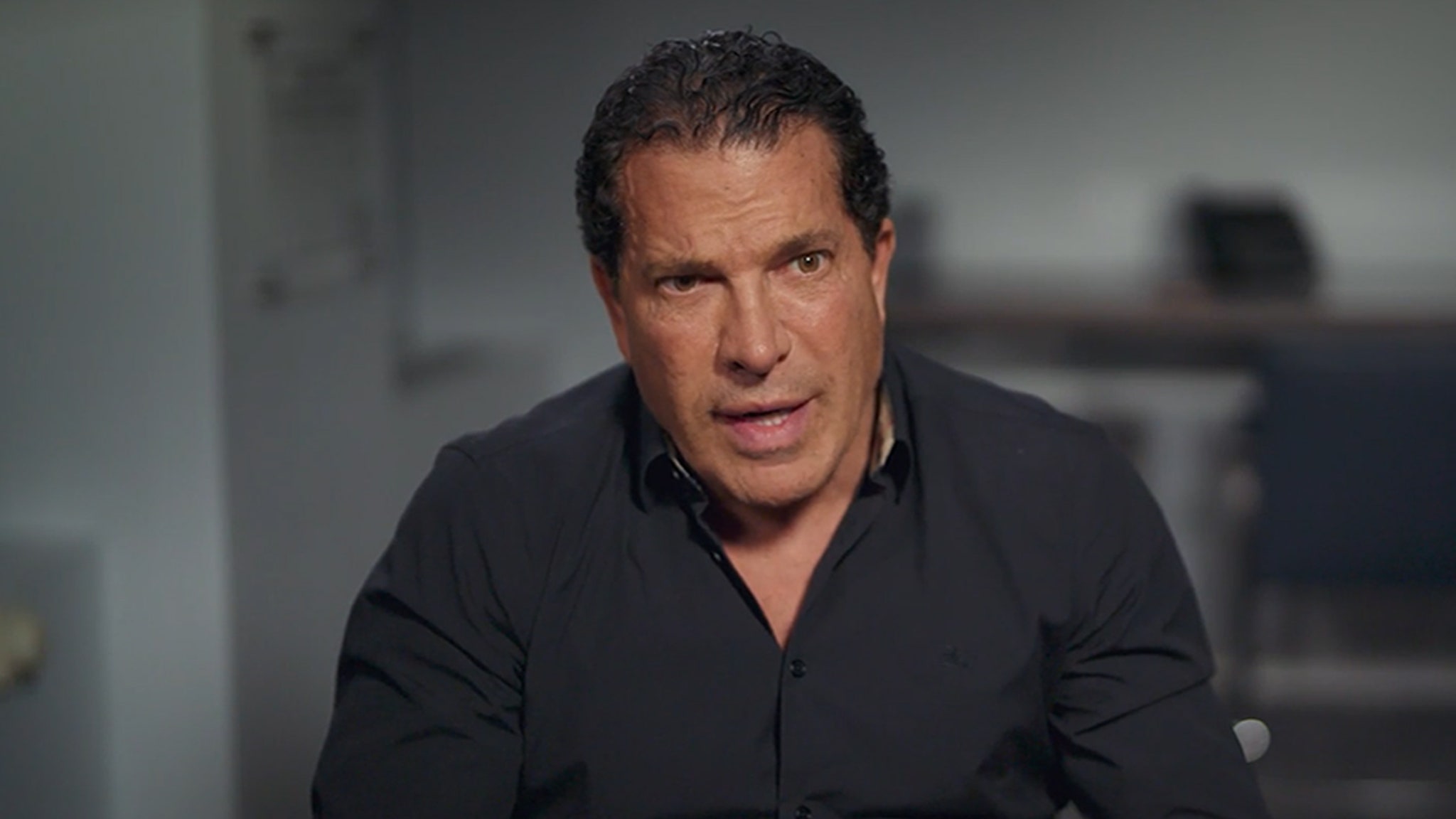
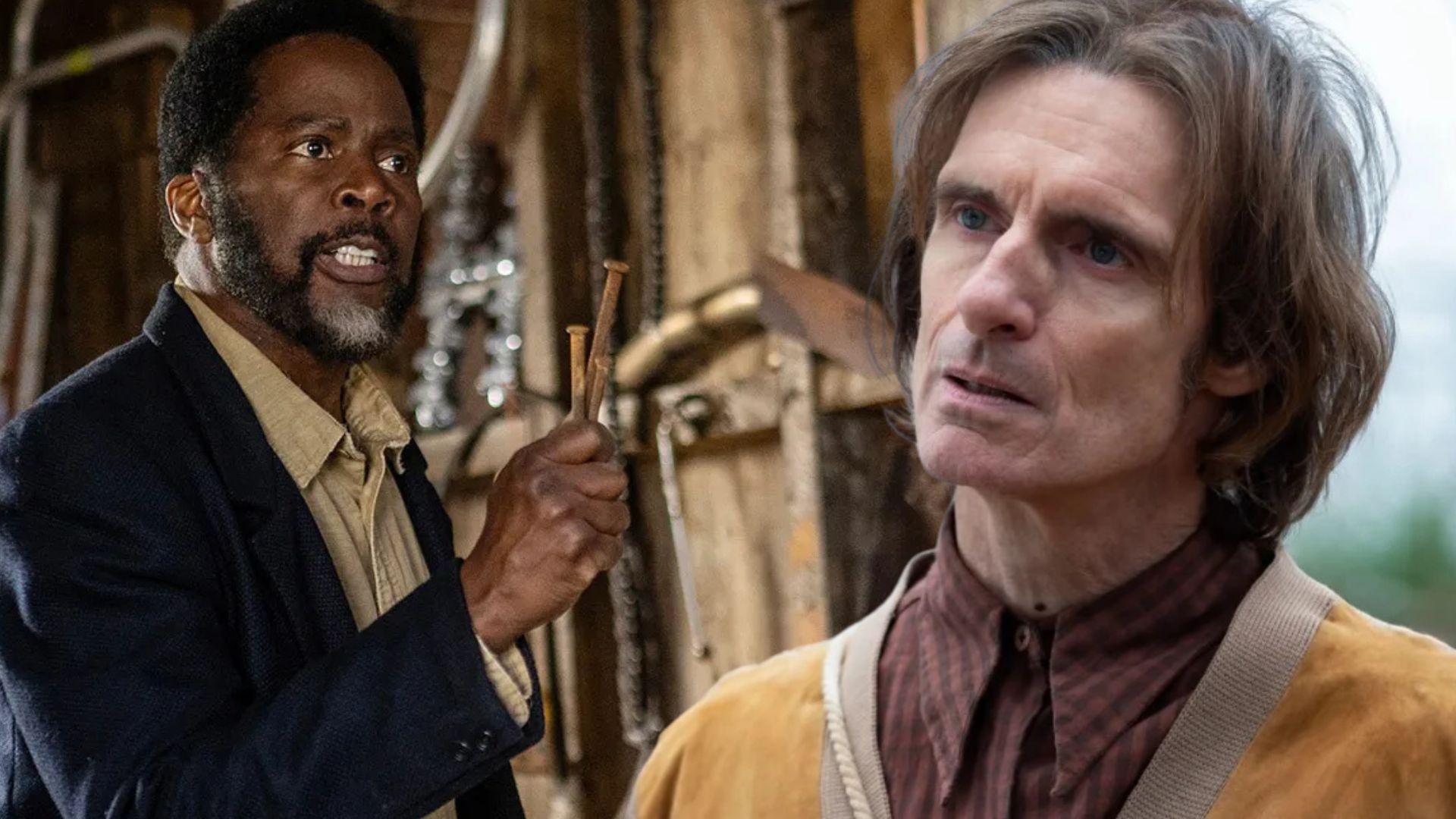




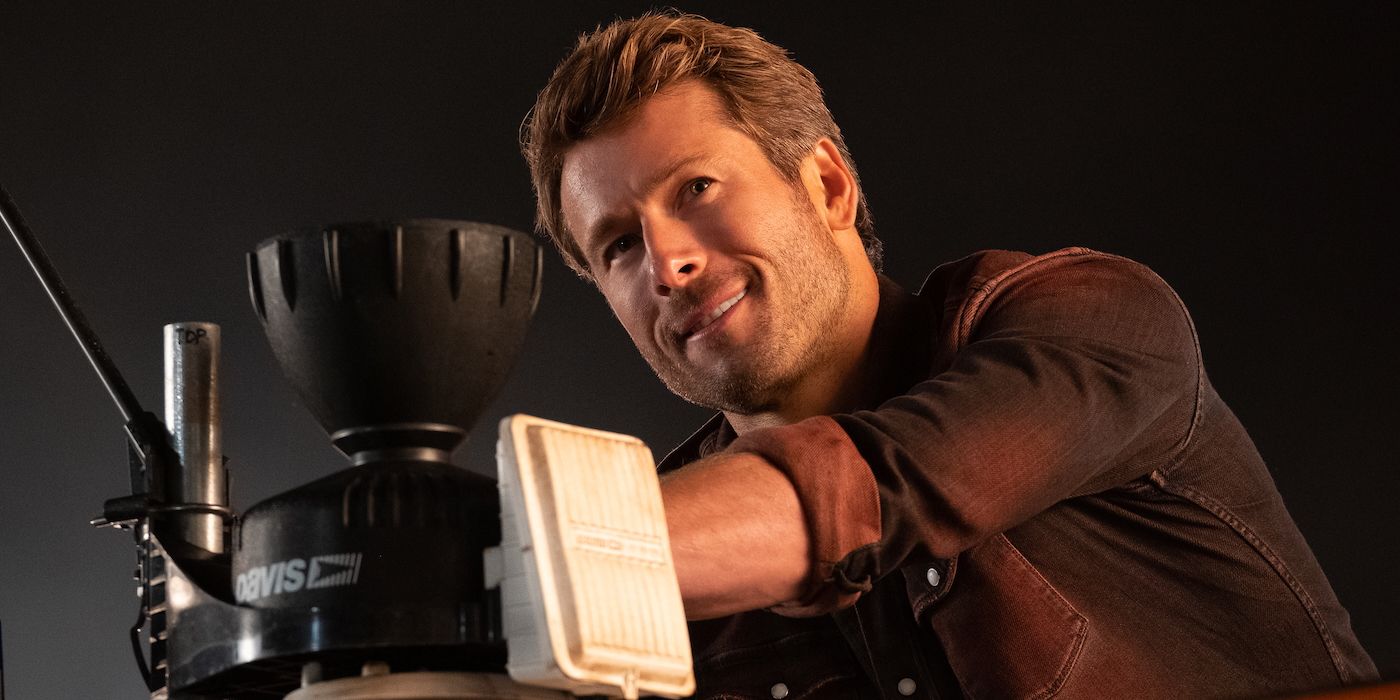

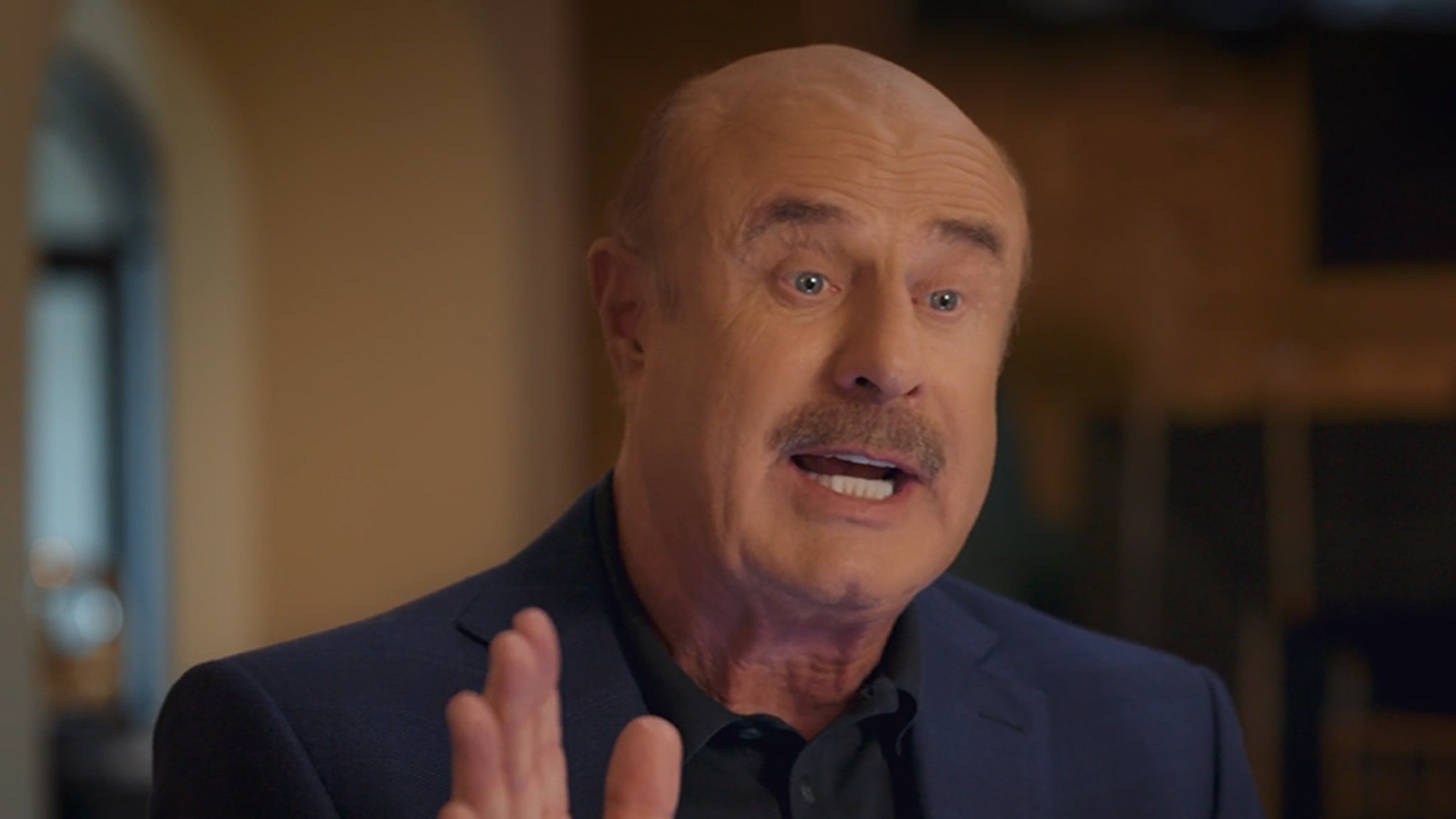
:quality(85):upscale()/2023/11/07/948/n/1922283/d9c24cd1654ab0319a00b9.11157101_.jpg)




